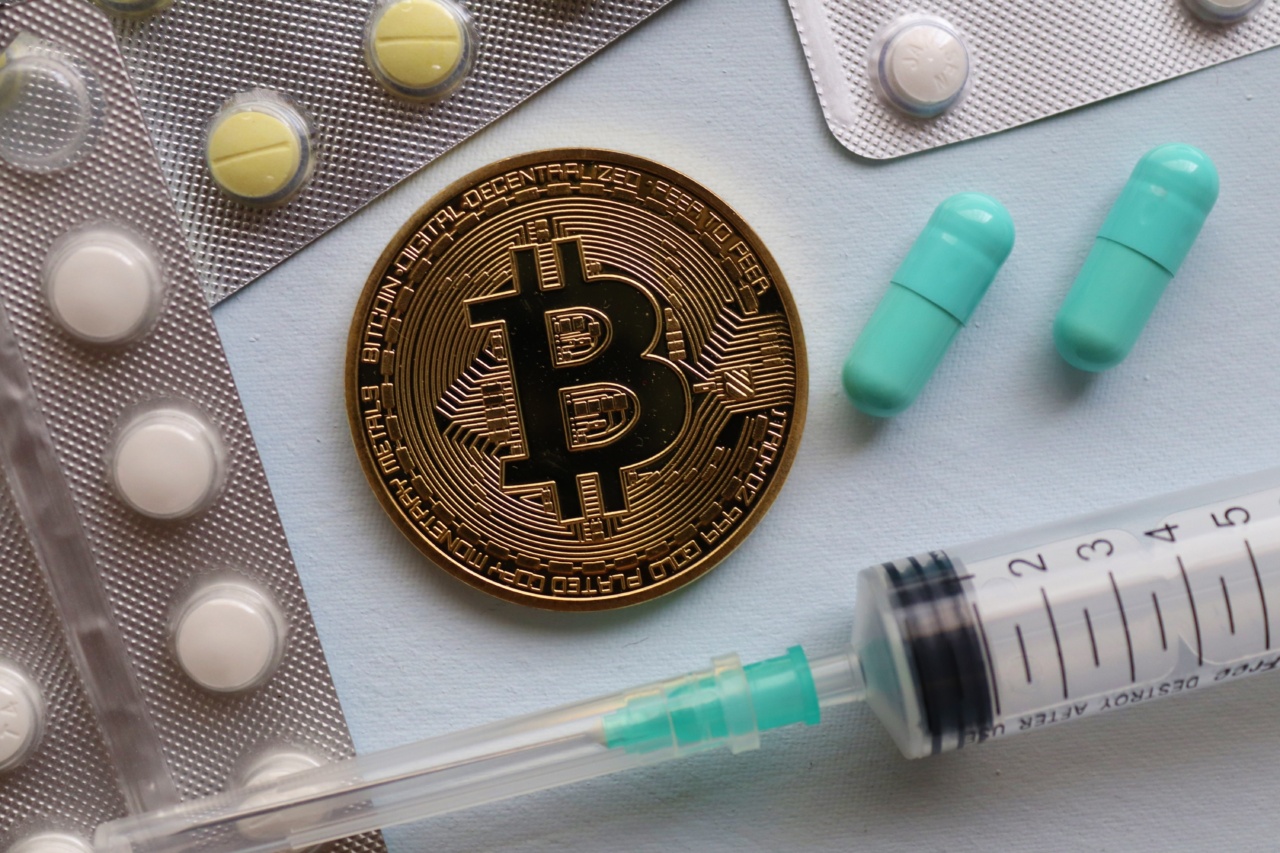Alcohol dependence is a serious condition that affects millions of people worldwide. It is characterized by an inability to control or stop drinking, despite negative consequences.
While there are various treatment options available, prescription drugs have shown promise in helping individuals overcome alcohol dependence. This article explores how prescription drugs can aid in the recovery process and improve outcomes for those seeking sobriety.
The Science Behind Alcohol Dependence
Before delving into the role of prescription drugs in treating alcohol dependence, it is crucial to understand the scientific mechanisms involved in addiction.
Alcohol affects the brain by altering neurotransmitter levels, particularly those related to pleasure and reward. Over time, the brain adapts to these changes, leading to tolerance and withdrawal symptoms. This cycle reinforces alcohol dependence and makes quitting an arduous task.
Types of Prescription Drugs for Alcohol Dependence
Several types of prescription drugs have been approved for the treatment of alcohol dependence. These medications work by targeting different aspects of addiction, including cravings, withdrawal symptoms, and relapse prevention.
The following are some commonly prescribed drugs:.
1. Acamprosate
Acamprosate helps people with alcohol dependence by reducing cravings. It acts on the glutamate neurotransmitter system, which is involved in alcohol-related brain changes.
By stabilizing these brain chemicals, acamprosate helps to alleviate the desire to drink. Clinical trials have shown that individuals taking acamprosate are more likely to maintain abstinence compared to those on a placebo.
2. Disulfiram
Disulfiram, also known as Antabuse, works differently from acamprosate. It interferes with the breakdown of alcohol by blocking an enzyme called aldehyde dehydrogenase.
When someone on disulfiram consumes alcohol, they experience unpleasant side effects such as nausea, vomiting, and flushing. This aversion therapy acts as a deterrent, as individuals associate drinking with unpleasant experiences.
3. Naltrexone
Naltrexone is another medication used in the treatment of alcohol dependence. It works by blocking opiates in the brain, reducing the pleasurable effects of alcohol. This makes relapse less rewarding, helping individuals stay abstinent.
Naltrexone is available in both pill and extended-release injectable form, allowing for flexibility in treatment options.
4. Topiramate
Topiramate is an antiepileptic drug that has also shown efficacy in treating alcohol dependence. It works by increasing the activity of gamma-aminobutyric acid (GABA), a neurotransmitter that helps regulate brain excitability.
By enhancing GABA, topiramate helps to reduce cravings and alleviate withdrawal symptoms. It may also have mood-stabilizing properties, further aiding recovery.
Combination Therapy: The Power of Multiple Drugs
While each medication mentioned above can be effective on its own, evidence suggests that combining different drugs can enhance treatment outcomes.
For example, a combination of acamprosate and naltrexone has shown superior results in reducing alcohol consumption and promoting abstinence. Additionally, personalized treatment plans that consider individual needs and preferences are more likely to be successful.
Benefits of Prescription Drugs for Alcohol Dependence
The use of prescription drugs in the treatment of alcohol dependence offers several advantages, including:.
1. Reduced Cravings
Medications like acamprosate and naltrexone help reduce cravings, making it easier for individuals to resist the urge to drink. By targeting the brain’s reward system, these drugs help break the cycle of addiction and promote abstinence.
2. Relapse Prevention
Prescription drugs, such as disulfiram and naltrexone, aid in preventing relapse by altering the way the brain responds to alcohol.
By associating drinking with unpleasant effects or reducing its rewarding properties, these medications help individuals stay on the path to sobriety.
3. Improved Treatment Compliance
Prescription drugs can enhance treatment compliance by providing additional support beyond traditional counseling and therapy.
Medications address the physiological aspects of alcohol dependence, making it easier for individuals to engage in behavioral therapy and other forms of treatment.
4. Individualized Approach
With various prescription drugs available, healthcare providers can tailor treatment plans according to individual needs.
This individualized approach increases the likelihood of success, as treatment is personalized to address specific challenges faced by each patient.
Side Effects and Considerations
While prescription drugs can be effective in treating alcohol dependence, it is important to be aware of potential side effects and considerations:.
1. Medication Compliance
Consistency is key when taking prescription drugs for alcohol dependence. Failure to adhere to the recommended dosages can reduce the effectiveness of the medication and increase the risk of relapse.
2. Potential Interactions
It is essential to inform healthcare providers of all medications being taken to avoid potential interactions. Drug interaction can lead to adverse effects and compromise the efficacy of both alcohol dependence medication and other prescribed drugs.
3. Individual Variations
Responses to prescription drugs can vary from person to person. What works for one individual may not be as effective for another. Regular communication with healthcare providers is crucial to adjusting medication plans and optimizing treatment outcomes.
Conclusion
Prescription drugs play a valuable role in assisting individuals with alcohol dependence on their path to recovery.
By targeting various aspects of addiction, such as cravings, withdrawal, and relapse prevention, these medications significantly improve treatment outcomes. Combined with counseling and support, prescription drugs offer hope to those grappling with alcohol dependence, providing them with the tools to reclaim their lives.





























